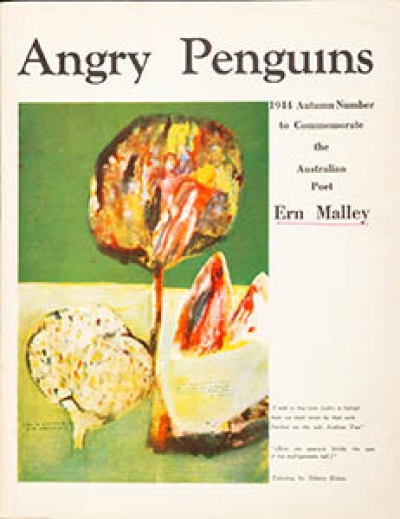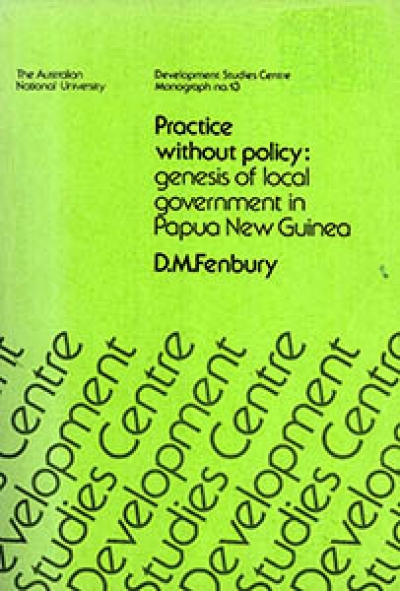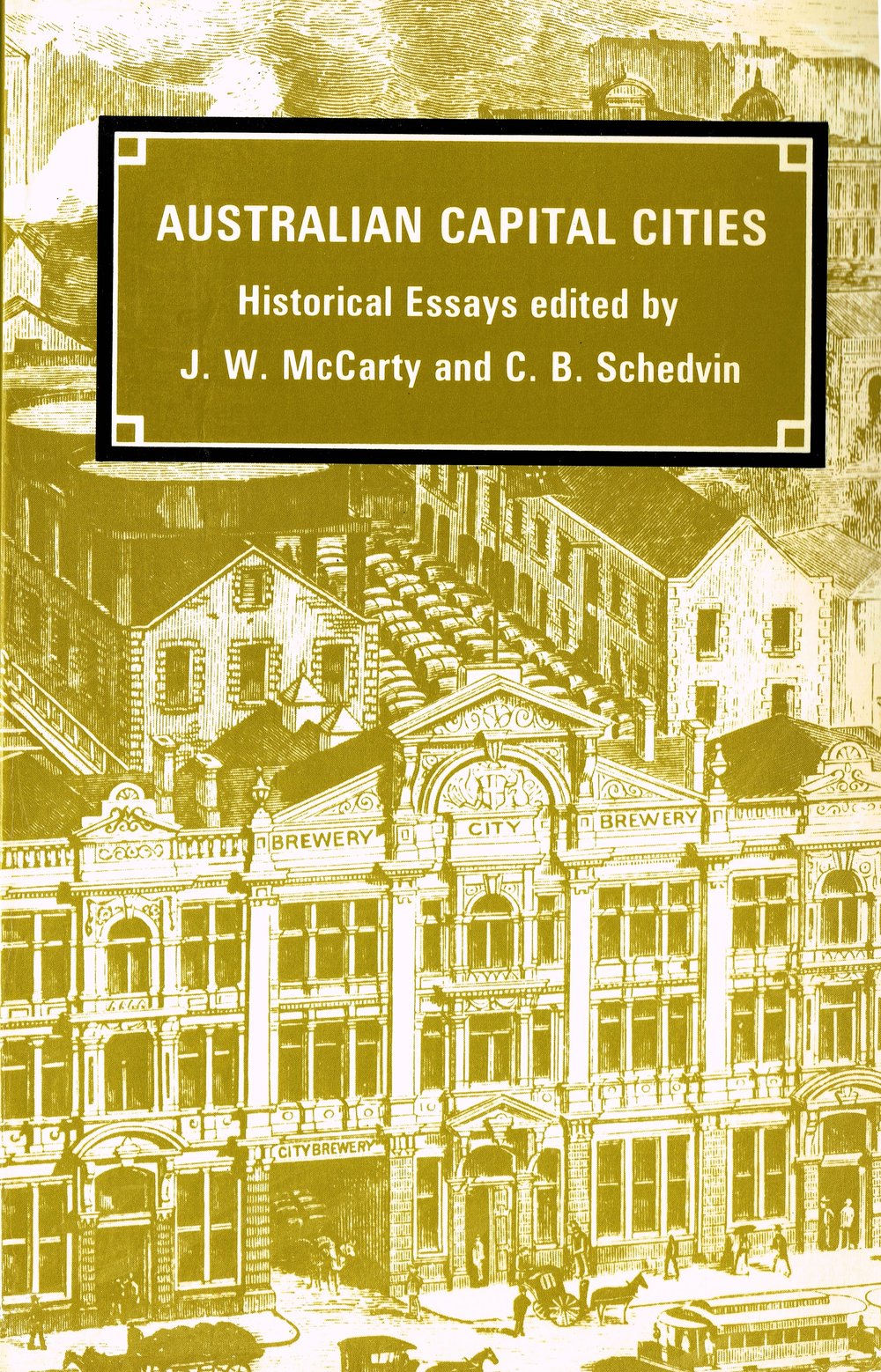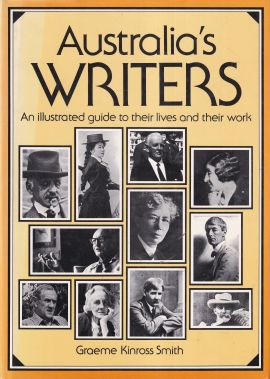Archive
Angry Penguins edited by Max Harris and John Reed & Poetic Gems by Max Harris
‘Go, little book,’ or the book as emissary, is not the simple matter that it once was.
Australian books and their authors now go to most European and Asian countries on diplomatic duties.
The purpose is neither to broaden the writers’ lives nor to sell books abroad, but to supplement the Government’s other diplomatic initiatives.
... (read more)Practice without Policy: Genesis of local government in Papua New Guinea by D.M. Fenbury
Faces of My Neighbour: Three journeys into East Asia by Maslyn Williams
Australian Capital Cities: Historical Essays edited by J.W. McCarty and C.B. Shedvin
Australian Writers: An illustrated guide to their lives and work by Graeme Kinross-Smith
While the reading of a book has become a solitary matter, its interpretation remains a convivial task which must be performed anew for each new reader, new age, and new country. The business of criticism is to help us in this task, and from a multitude of judgements to further our understanding of an author’s words for our time. The critic is therefore involved not only with books, but through them with the cultural problems of his society. Critical debates thus become debates about major social issues.
... (read more)






